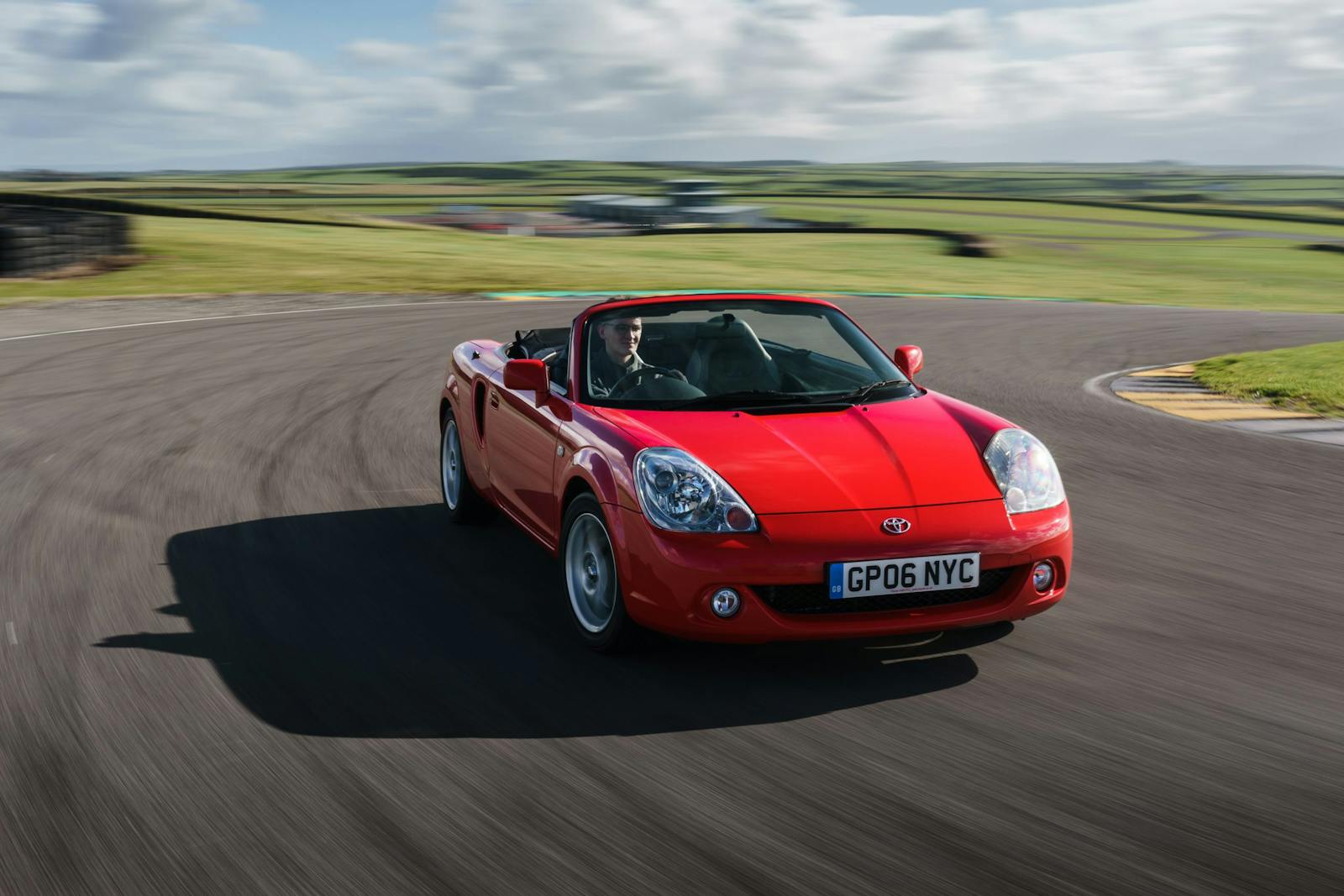Generation Z has already developed an eclectic taste in collector cars
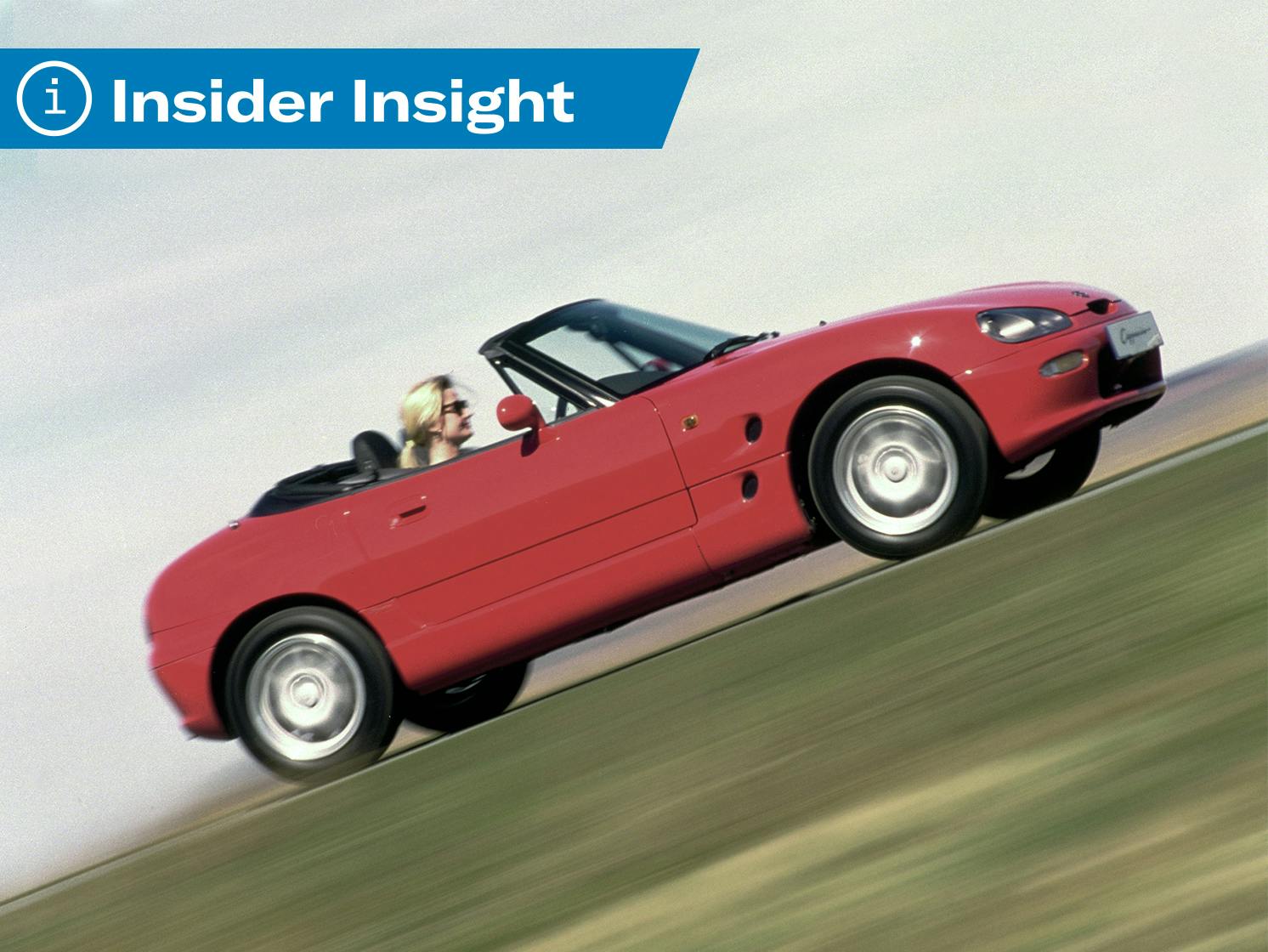
As Generation Z matures into adulthood, there have been no shortage of hot takes as to how they will Change Everything, from emojis to the definition of a work week. Don’t be surprised if there are also bold proclamations that these young people—the oldest of whom are now 25—will never get into cars. Don’t believe that hype. The half of Gen-Z who are now eligible for a driver’s license in the United States are already crazy about cars. These collectors presently account for just shy of 3 percent of Hagerty quotes, which is a a lot when you consider how many people in this period of their life have the resources (and the space) for a collector car.
Plenty of these young people love Mustangs and Camaros. But there also are a few corners of the market where the kids are already striking out on their own. According to data based on people calling Hagerty for quotes on insurance, there are several vehicles for which Gen-Z enthusiasts represent an outsized share of shoppers. Turns out, today’s kids are still crazy about lots of the same stuff you are—but they also dig stuff you don’t.
Go West East, young man
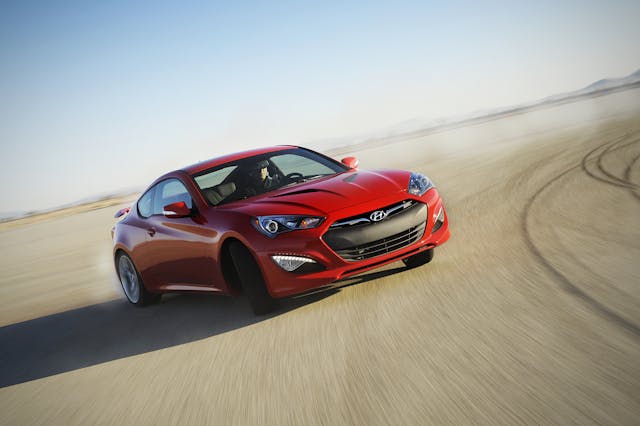
We all know millennials love Japanese cars, but Gen-Z is on a different level. In fact, Gen-Z is the only generation who call Hagerty for insurance quotes on more Asian cars than European. Gen-Zers are three times more likely to quote a Japanese car compared to their Gen-X parents. On top of that, Gen-Z accounts for 11 percent of all quotes for Korean cars—which bodes well for Hyundai and Kia’s future market share.
Gen-Z especially loves Japanese cars that were never sold new in the United States. Looking at the top 20 vehicle generations ranked by Gen-Z's portion of insurance quotes, 17 are from Japan, 2 are from Korea, and 1 is from Yugoslavia—a country that dissolved five years before the first Gen-Z were born. The fact that nearly 20 percent of insurance quotes for the Yugo come from Gen-Z shows just how committed they are to driving something different.
Perhaps that's what Gen-Z wants more than anything—to be different. Obviously, the ABC Kei cars are in the top 20 and get more than enough attention, but many more mundane JDM cars rank higher than these pint-sized supercars. It seems that today's youngest drivers specifically want cars that are exact mirror images of American versions.
For instance, Gen–Z accounts for only 7.3 percent of quotes for the 1992–2000 Lexus SC300/SC400 but more than 20 percent of quotes for the 1992–2000 Toyota Soarer, which is nearly identical aside from its badges and steering wheel placement. Furthermore, Gen-Z accounts for almost 30 percent of quotes for the 1989–2000 Toyota Celsior, which is simply the JDM version of the Lexus LS400 where their quote share is 8.8 percent.
As expected with any group who covets JDM cars, the Nissan Silvia, Skyline, and Pulsar GTI-R make the list, but those are overshadowed by the Nissan Laurel and Toyota Chaser which, aside from legendary turbo-six powerplants in the RB20DET and 1JZ-GTE, are seemingly mundane JDM sedans. Which leads us into Gen-Z's second favorite characteristic—practicality.
Hip to be square
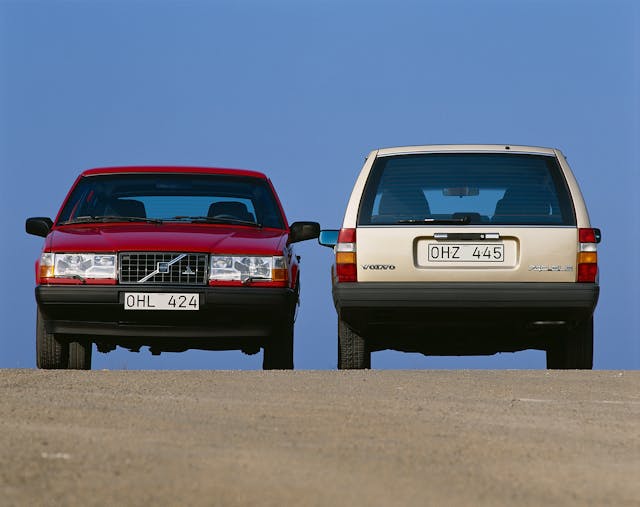
Collectors of all ages seem to be shifting toward vehicles they can use more easily—witness the stunning popularity of vintage SUVs and performance cars from the 1990s and 2000s. This trend is sometimes tied to the fact that the largest cohort of collectors, baby boomers, are seeking more comfort as they gracefully gray. Yet Gen-Z is taking "practicality" to a whole new level.
Fourteen of Gen-Z's top 20 marques ranked by portion of quotes are from Japan or Korea—countries typically known for reliability and practicality. The highest ranked non-Asian manufacturer? Volvo. The only two American marques to crack the top 20 are Jeep and Tesla.
British manufacturers, likely due to their poor reputation in reliability, don't resonate with our youngest enthusiasts. We wouldn't expect many twentysomethings to call us about E-Types—and they don't—but they show little more interest in more recent and more attainable British cars like the Lotus Elise and Exige. In contrast, Millennials represent 29 percent and 37 percent of the people calling us about those cars.
Gen-Z's practical preferences also reveal themselves in which German cars they seek. Sports cars are out: Less than 2 percent of the people who call us about BMW Z3s and Z4s are from Gen-Z. Sedans are in. With the 2012–2019 BMW 3 Series, 13.8 percent of our callers are young people. We also get plenty of kids calling about the E36 BMW 318Ti—14.5 percent of quotes come from Gen-Z (that car also manages to scratch the "unique" itch).
Porsche, a company which only recently started making four-doors, gets little attention from young enthusiasts. They submit less than 1 percent of quotes for every single 911 generation. The only Porsches that get any love from drivers in their early twenties is the 1977–1988 Porsche 924 at 10 percent and 1982–1991 Porsche 944 at 7.1 percent. With median #3 condition (Good) values of only $7500 and $13,900, these happen to be the two most economical classic Porsches, which leads us to Gen-Z's third "favorite" quality in a classic car-attainability.
Who wants to be a hundredaire?
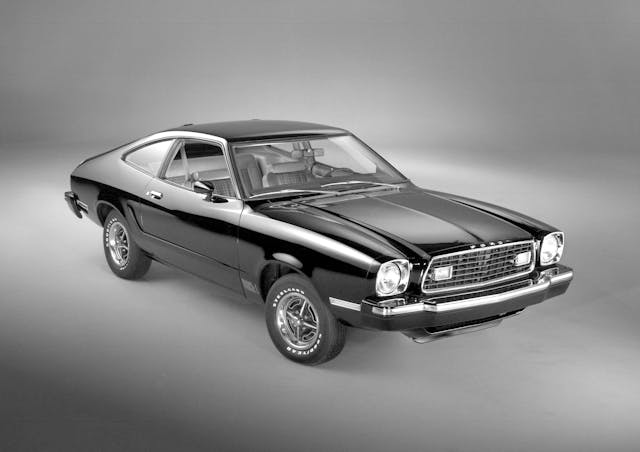
It's no secret younger generations are saddled with more economic burden than their parents, which greatly restricts which cars they can buy. In 2021, Gen-Z submitted quotes for cars valued at $19,800 on average, which is less than half the value of their parent's cars (Gen-X) and 40-percent lower than millennials.
For our hobby to stay alive, younger generations need to be able to overcome the initial investment. By collecting the cars the rest of us have been ignoring, Gen-Z has found a clever way around this.
The Ford Mustang highlights this phenomenon perfectly. Many debate over which generation of Mustang is the best but the Mustang II is never considered a real contender. It also happens to be the least expensive, though. Naturally, it's the Mustang Gen-Z has turned its gaze upon; their portion of insurance quotes for the Mustang II is three-times that of the other Mustang generations.
The Mustang II is an anomaly for Gen-Z, as they represent a sizable share of quotes for very few American classics. Only four other American cars get similar attention, and all are worth between $5000 and $11,500 in good condition and are the least desirable generation in their respective model histories; the 1949-1954 Dodge Meadowbrook, 1971-1977 Mercury Comet, 1972-1976 Mercury Montego, and 1975-1979 Chevrolet Nova. (Note that share of quotes is different than quantity of quotes. Plenty of Gen-Zers call us about more traditional American cars, but because those cars are so popular with the older and larger cohorts of collectors, the young folks barely register.)
The same is true for the Mazda RX-7. While all three generations get a fair amount of attention from Gen-Z, the least desirable 1968–1992 Mazda RX-7 FC, with a median #3 value of only $7600, is the one for which young collectors have the biggest share, at 10.6 percent of quotes. The often completely ignored 2003-2012 Mazda RX-8 is even more reliant on the youngest collectors, which Gen-Z accounting for 11.6 percent of quotes.
This is a great sign for the future of classic cars. As Gen-Z is drawn to collect what past car enthusiasts have ignored, their unique interests will help broaden the definitions of a collector car and make the market more accessible for future generations. So, the next time you're tempted to glaze over a classified for a car you find mundane, show it to your kids. Chances are, they'll love it.
